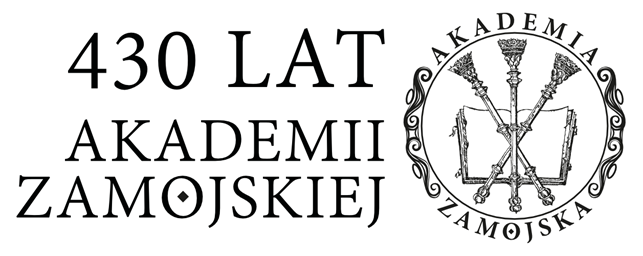Mendel Gdański Marii Konopnickiej – rzecz nie o antysemityzmie
Abstrakt
Nowela Marii Konopnickiej Mendel Gdański powstała w odpowiedzi na prośbę przyjaciółki autorki, Elizy Orzeszkowej. Utwór wpisywał się w ówczesną kampanię publicystyczną w zaborze rosyjskim prowadzoną po to, aby uświadomić społeczeństwu polskiemu zagrożenia płynące z zaimplementowania mu obcych kulturowo postaw. Carska biurokracja, podżegająca do antysemickich wystąpień, podejmowała te działania w interesie imperium po to, by rozbijać i dzielić społeczeństwo polskie. W artykule zwrócono uwagę na konieczność kontekstowego odczytania noweli. Ukazano, jak ważna jest znajomość realiów historycznych, w jakich powstał utwór, oraz znajomość genezy jego powstania. Autorka scharakteryzowała opisanych przez Konopnicką sprawców zamieszek oraz sąsiadów żydowskiej rodziny, dochodząc do wniosku, że niezbędne jest przesunięcie akcentów w odczytaniu przesłania utworu: nie tyle protestu przeciwko antysemityzmowi jako takiemu, co protestu przeciwko zaszczepianiu Polakom wrogości wobec innych.
Słowa kluczowe:
antysemityzm, koegzystencja, sąsiedzi, stereotyp, ŻydSzczegóły
Bibliografia
Statystyki
Autorzy
Zasady cytowania
Licencja

Utwór dostępny jest na licencji Creative Commons Uznanie autorstwa – Użycie niekomercyjne – Na tych samych warunkach 4.0 Międzynarodowe.


 Język Polski
Język Polski
 English
English




